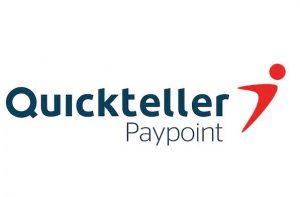Heineken Raises Stake in Nigerian Breweries to 72.9% as Revenue Hits N1.1trn

Samuel Mobolaji
Heineken N.V. has increased its shareholding in Nigerian Breweries Plc from 56 per cent to 72.9 per cent, deepening its commitment to the country’s largest brewing company amid surging revenues and a challenging economic climate.
Despite the increased foreign stake, the company has assured local investors that Nigerian shareholders remain integral to its operations and long-term growth strategy.
Speaking at a pre-Annual General Meeting (AGM) media briefing in Lagos, Managing Director of Nigerian Breweries, Mr Hans Essaadi, hailed Heineken’s unwavering support—particularly during the company’s recent Business Recovery Plan.
He revealed that Heineken not only fully subscribed to its rights issue but went further to inject additional capital by acquiring more shares.
According to Essaadi, Nigerian Breweries posted a record revenue of N1.1 trillion for the financial year ended December 2024, marking an 81 per cent increase from N599.5 billion recorded in 2023.
He noted that the strong topline growth was achieved despite severe macroeconomic headwinds, including surging inflation and naira devaluation, which pushed the cost of goods sold up by 98 per cent.
“Our operating profit rose by 59 per cent due to disciplined cost control,” Essaadi said. However, net finance costs ballooned by 34 per cent to N253 billion, driven largely by high interest expenses and foreign exchange losses, pushing the company’s net loss to N145 billion—a 36 per cent increase from the previous year’s N105.7 billion loss.
The MD added that the company’s operating results rose by 53.7 per cent to N68.4 billion from N44.5 billion in 2023, a performance he described as resilient given the volatile business environment.
He emphasised that brewing, marketing, and selling lager, stout, and non-alcoholic drinks remained the firm’s core business, even as it continues to navigate Nigeria’s difficult economic landscape.
Looking ahead, Essaadi projected that 2025 would remain challenging due to persistent foreign exchange volatility and the lingering impact of global policies such as the anticipated import tariffs from a potential second Trump administration in the United States.
Nonetheless, he expressed cautious optimism that inflation would ease, helped by a high base effect and stabilisation in energy prices following subsidy removals. He added that ongoing improvements in local refining capacity—especially with the coming onstream of the Dangote Refinery—would reduce forex pressure and help stabilise energy-related costs.
He concluded that the Federal Government’s ability to address critical issues such as revenue generation, debt management, and macroeconomic stability would shape the operating landscape in the months ahead.









